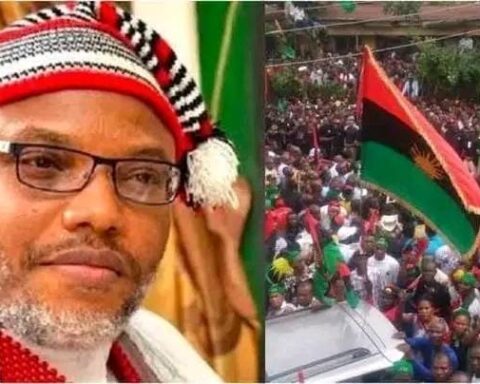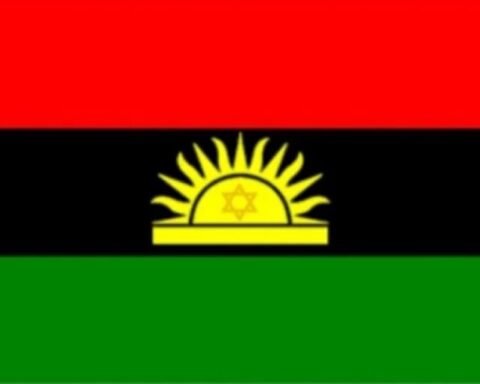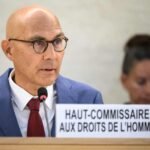Late-night comedian and talk show host Jimmy Kimmel returned to the airwaves on September 23, 2025, with an impassioned monologue defending freedom of expression after a week-long suspension of his show. His remarks have reignited debate over government influence, media censorship, and the boundaries of public commentary.
Kimmel’s show, Jimmy Kimmel Live!, was temporarily suspended by ABC after he made comments about the killing of conservative activist Charlie Kirk. In particular, he had suggested that “the MAGA gang” was trying to distance themselves from the incident, which drew criticism from conservative circles.
ABC’s affiliates Nexstar and Sinclair also refused to broadcast the show at one point, amid claims that pressure from the government (including the Federal Communications Commission, or FCC) was influencing these decisions.
“A government threat to silence a comedian the president doesn’t like is anti-American,” Kimmel told the audience, winning applause.
“Our government cannot be allowed to control what we do and do not say on television.” He emphasized that having content creators—even comedians—being told what to say or not say undermines democratic values.
Kimmel also acknowledged the emotional weight of the situation, clarifying that he did not intend to minimize the murder of Charlie Kirk, nor to blame any group broadly, but recognized how some of his remarks had been received as insensitive.
The controversy centers around FCC Chairman Brendan Carr’s remarks, in which he suggested that broadcasters should take action over content he perceived to be “news distortion,” including Kimmel’s monologue. Some view this as part of the FCC’s regulatory mandate, which includes ensuring broadcasts serve the “public interest.”
Legal experts and free speech advocates have argued that using government or regulatory authority—or even implied pressure—against media content based on viewpoint is problematic under the U.S. Constitution’s First Amendment.
The reaction to Kimmel’s suspension and the subsequent expressions of concern crossed political lines. Some conservatives, including senators, warned that permitting such pressure sets a dangerous precedent. They caution that while this moment might seem to target Kimmel, the same tools could later be used against those with other viewpoints.
Public and media observers have noted this incident as a flashpoint for how democratic societies balance free expression, political criticism, and regulatory oversight. It is being viewed both as a test of principles and a warning of what might come if the norms of speech protections are eroded.
Boundaries of Government Oversight: What constitutes appropriate regulation versus overreach when it comes to media speech?
First Amendment Protections: How strong are they really when political pressure is involved?
Media Independence: Can networks stay free to broadcast controversial opinions without fear of retaliation?
Public Discourse: When humor and commentary intersect with politics, who gets to decide what is acceptable?
Jimmy Kimmel’s return to TV wasn’t just a comeback—it was a statement about the importance of free speech in society. By insisting “our government cannot be allowed to control what we do and do not say on television,” he has challenged both regulators and audiences to consider just how much influence the state should have over the media.
It remains to be seen how this will shape policy, FCC action, or media practices going forward.
Follow us on all social media platforms @dailyquery for news and analyses around the globe.



























